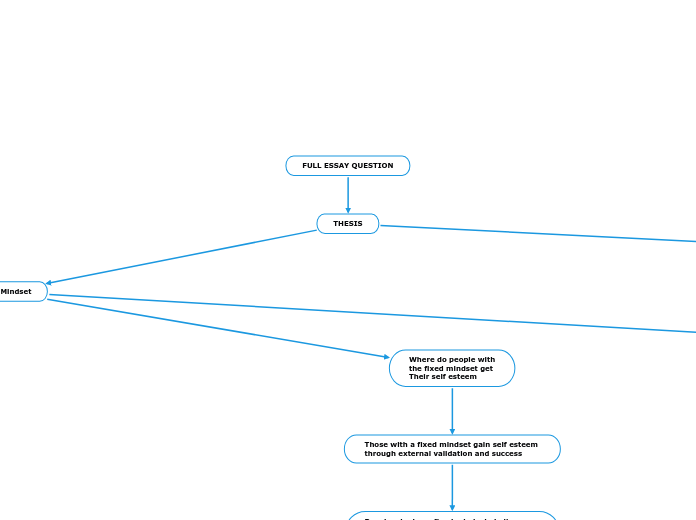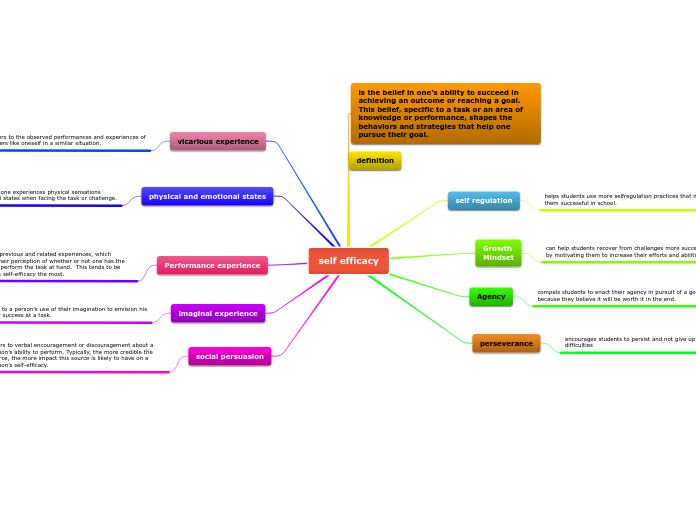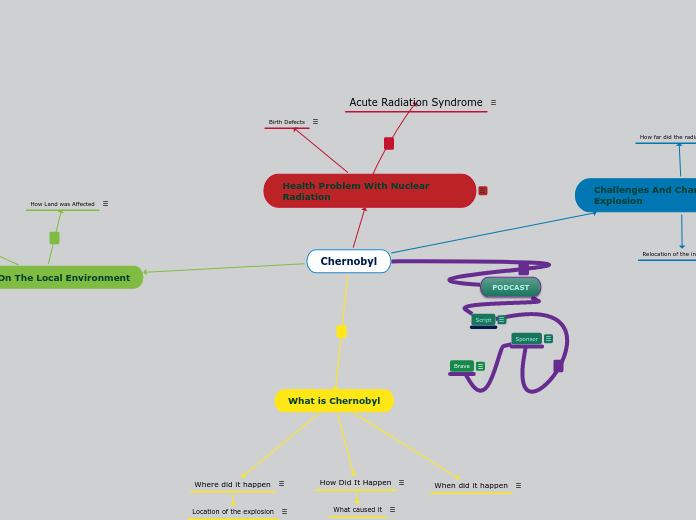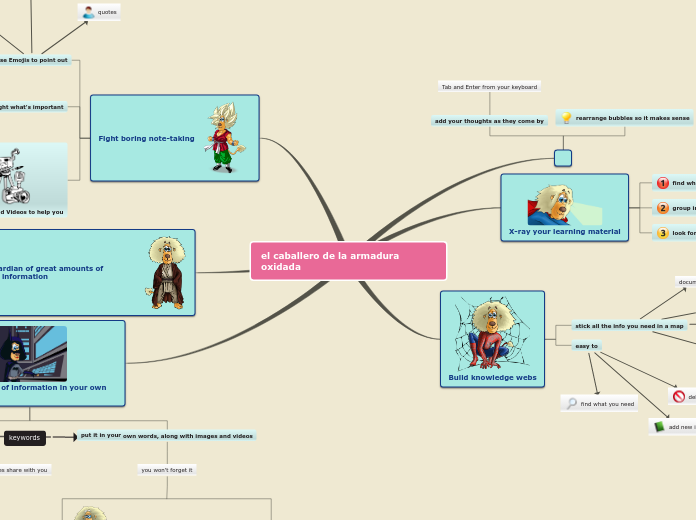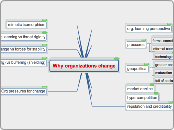FULL ESSAY QUESTION
THESIS
Growth Mindset
How does the growth mindset affect the ability to learn
Students with a growth mindset view failure as opportunity, accept criticism as a way to improve themselves, and are more likely to not only learn from their mistakes, but grow as well
Through believing that you can develop and grow your abilities due to a growth mindset, you allow yourself to increase your knowledge and become more willing to learn
Students with a growth mindset create a nurturing environment for their peers by encouraging success through hard work and allowing for collaboration amongst their classmates
When faced with challenges, students with a growth mindset embrace it and take them head on, even if there is a risk for failure, because failure equals opportunity
Having a growth mindset empowers students to succeed through hard work and effort
Students with a growth mindset focus on progress rather than their end goal, which allows them to fully understand a subject or topic at a deeper level
To someone with a growth mindset, while you may inherently be good at something, progress and growth can always be made through effort
When someone with a growth mindset fails, they take that failure as an opportunity to recognize their mistakes and shortcomings and use it to allow themselves to grow, learn, and adapt their skills
Those with a growth mindset seek challenges to give themselves an opportunity to learn and extend their knowledge in order to improve and develop their skills
Where do people with the growth mindset get their self esteem
Through perseverance and effort, those with a growth mindset boost their self esteem by having a desire to learn, grow, and develop despite being faced with challenges, failure, and adversity
When someone with a growth mindset at first does not succeed, they continue to put in effort and hardworking until they see results, improvement, and success, which allows them to realize they are capable despite their failures, resulting in a boost of confidence
When someone has a growth mindset, they seek challenges and through effort and learning, you eventually succeed at those challenges, which then allows them to feel proud of their accomplishments and achievements
To someone with a growth mindset, every failure is an opportunity to learn and develop into a more skilled and successful version of yourself, and every mistake made becomes a lesson to themselves on how to improve
Self esteem in both mindsets has to do with success, but those with a growth mindset become more confident when effort was put into their successes, and in turn success is more rewarding to those with a growth mindset due to the fact they worked for it
Define the growth mindset
Someone with a growth mindset believes that their abilities and skills are able to be developed through learning, effort, dedication, and hard work. When they are faced with challenges, they persevere and use their failures and struggles as not only motivation, but as a learning experience and an opportunity to succeed.
By having a growth mindset, you believe who you are and what your traits, skills, and abilities are are not endowed
A large aspect of having a growth mindset is ones attitude towards challenges, accepting failure, and how they adapt to and overcome failures and set backs
Fixed Mindset
How does the fixed mindset
affect the ability to learn
By having a fixed mindset, you are severely limiting the ability to learn, grow and develop new skills
A fixed mindset makes students run from challenges and give up when things get hard to avoid failure
Students with fixed mindsets do not appreciate their failures and setbacks, but instead focus on the end goal and will do anything in their power to get to the end goal as quick as possible, even if it isn’t the right or fair way, such as cheating, if they don’t give up first
A fixed mindset results in poor academic performance by holding students back from challenges, trying new things, and a lack of ambition for learning
A student with a fixed mindset not only affects their own academic success, but puts their peers at risk by believing they are naturally better than others, tearing them down in the process
Those with fixed mindsets ignore criticism from teachers and find the success of their peers threatening to their self esteem and perception from others
To those with a fixed mindset, effort in learning, growing, and developing due to failure in order to succeed shows that you are not good enough
Where do people with
the fixed mindset get
Their self esteem
Those with a fixed mindset gain self esteem through external validation and success
People who have fixed mindsets believe failure means lack of ability or skill, such as “since I failed the test, it must mean I am dumb”, which leaves them believing they are inadequate, directly impacting the level of confidence they have in themselves
A failure to someone with a fixed mindset leads to a drop in self esteem because they expect to excel without any effort given
To people with a fixed mindset, failure quickly becomes an identity to them due to the fact that when they fail, they take it as something that defines them, rather than taking it as a lesson or an opportunity to grow like someone with a growth mindset would. When they do not perform up to their standards, they just accept the fact they’re just not good enough, which inhibits their self esteem tremendously.
When those with a fixed mindset fail, they no longer “failed math class”, they become “bad at math” and don’t make any kind of effort to not be bad at math because if they’re bad at math now, they’ll be bad at math forever.
People with fixed mindsets have fragile confidence in themselves because when they fail, or face challenges, they perceive it as a direct reflection of who they are, and in turn they allow it to define not only themselves, but their potential and abilities as well
“In short, people who believe in fixed traits feel an urgency to succeed, and when they do, they may feel more than pride. They may feel a sense of superiority, since success means that their fixed traits are better than other people’s.” (Pg 31.)
“It really does give them a boost, a special glow—but only for the moment. The minute they hit a snag, their confidence goes out the window and their motivation hits rock bottom. If success means they're smart, then failure means they're dumb. That's the fixed mindset.”
In order for someone with a fixed mindset to feel confident in themselves and their abilities, they have to not only hear from others, such as peers, teachers, or coaches, that they performed well, but have to feel accomplished themselves and have to have succeeded without any real effort or skill exerted
When people with a fixed mindset succeed, they have to make sure everyone sees and acknowledges their greatness.
People with a F.M feed off of praise from others to boost their confidence. When other people recognize their success, they feel good about themselves.
“We often hear these days that we've produced a generation of young people who can't get through the day without an award. They expect success because they're special, not because they've worked hard.” (Pg. 34)
When someone with a fixed mindset is validated once, the next time they experience a failure at what they were once praised for will result in a drastic decline in their self esteem
When they are praised and told they are not just good, but the best at something, and then one day they fail, the fact that they are their failures becomes further instilled in their minds
By someone with a fixed mindset making themselves and their self esteem vulnerable and at risk to failure that ends up defining themselves and decreasing their self worth, they are limiting the future opportunities they could have if they did the opposite by allowing themselves to learn and grow
When you let your failures define you, you inhibit yourself from being able to learn to develop and grow skills to be able to be succeed
If you can’t allow yourself to do what is necessary to succeed, you are limiting the opportunities both academically and professionally
People with fixed mindsets avoid challenges to avoid the chance of failure, do not take criticism well, feel threatened by the success of others, hide flaws, and feel the need to prove themselves, all in order to protect their self esteem and the view others have of them
To someone with a F.M, their success and others view and opinions mean everything to their self esteem, they need to be the best at everything they do in order to gain respect from others and confidence in themselves
Define the fixed mindset
y
By having a fixed mindset, athletic ability, intelligence, and other traits and qualities are believed to be inherited from birth, you are either good at something or you aren’t, there is no use in putting effort to better yourself at certain things if you aren’t succeeding the first time.
Those with a fixed mindset believe that there is no use in putting in effort into changing, developing, or growing themselves and their skills and abilities because they believe that they should be naturally good at certain things, and when they aren’t, they should just give up
When people with a fixed mindset fail, their response is to not try, to give up, and move on.
They expect to succeed at everything they do the first time they do it, and when they don’t, it becomes a reflection of who they are
Having a fixed mindset not only closes many doors to many opportunities, but stunts the possibility of success and drastically affects someone mentally leading to increased risks of things such as depression and other mental health related issues
The rate of depression in people with fixed mindsets is significantly higher than in those with a growth mindset
They are more subjected to mental health symptoms such as anxiety and depression due to the fact that when they fail, they let failure consume and identify themselves. In turn, they put a label on themselves that determines their identity and effects their self esteem (Ties into self esteem)
When they begin to feel depressed, they do nothing to benefit themselves, making it worse. When they feel this way, they just quit, instead of persisting, which can lead to things just being worse when and if they ever come out of their depression
Insert quote
Insert quote
When you believe all you do is fail, that you cannot achieve success, and are constantly comparing yourself to others and their trials and tribulations and how they overcome them and walk away with accomplishments, it is hard not to fall into a hole of depression
People with fixed mindsets do not let themselves try new things, face challenges, or keep trying amidst failure, which holds them back from learning new things, and in turn can cause feelings of stagnation and boredom, and as this persists, it can turn into feelings of depression (Ties into learning)
The pressure to be the best at everything and having to constantly prove yourself, can increase feelings of anxiety, self doubt, and overthinking
